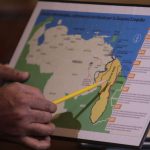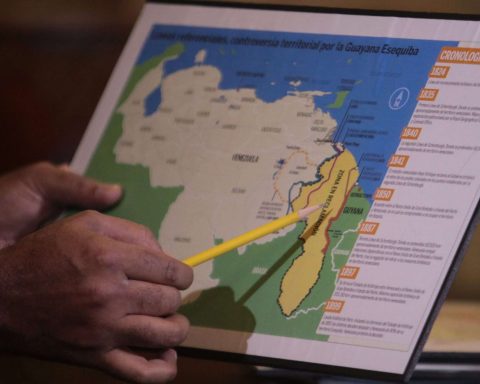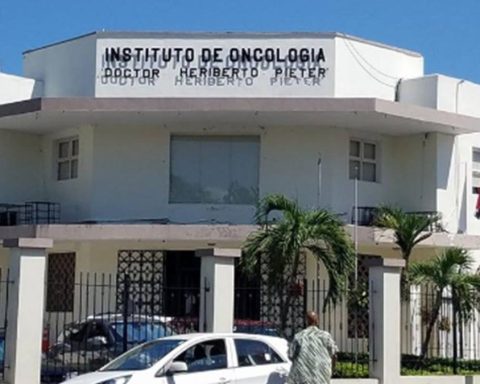The Government is studying “all possible solutions” to avoid an inflationary impact of the rise in the international price of wheatas a result of the Russian invasion of Ukraine, assured this Thursday the presidential spokesperson, Gabriela Cerruti.
“All possible solutions are being studied, given the urgency of the case,” Cerruti said at the usual Thursday press conference at Casa Rosada, in which he warned that the issue is “very complex” and that “the Government national has to intervene”.
In this regard, he highlighted the recent implementation of the wheat trust, with which an attempt is made to decouple the rise in the international price of the localin attention to the impact it would have on the value of bread and other products of the basic food basket.
In that sense, he pointed out that the Ministers of Productive Development, Matías Kulfas; of Economy, Martín Guzmán; and of Agriculture, Julián Domínguez; In addition to the Secretary of Domestic Trade, Roberto Feletti, they are analyzing “all the possibilities and will present the best option to President Alberto Fernández.”
Cerruti’s statements were made after a rise in the international price of wheat, which represented an increase of 47.5% in income in pesos from cereal exports, between January 3 and March 7.
In this context, different sectors proposed the temporary increase in withholdings while the volatility of the international price of wheat lasts, in the face of rejection by the Argentine Rural Society (SRA).
Faced with this possibility, Cerruti recommended “not looking at the day to day” because prices oscillate permanently.
The spokeswoman stressed the need to “find a balance” between the interests of agricultural producers and those of consumers, since in certain specific cases “more exports implies that there is a shortage for domestic consumption”.
In another order, defended the real estate tax revaluation for considering it “completely progressive” and that its current level “is quite delayed”, to the point that “it is the IMF (International Monetary Fund) itself that says that it must be solved in some way”.
In that sense, he pointed out that Argentina “needs a tax reform so that taxes are increasingly progressive and less regressive, so that those with the greatest taxing capacity contribute more.”
The initiative for an extensive real estate revaluation to all provinces (it is a tax of provincial jurisdiction, although it has an impact on the valuations for Personal Assets) was presented on Monday, March 7 in Congress by the head of the Federal Administration of Public Revenues (AFIP), Mercedes Marco del Pont.
The official specified that currently, the average tax valuations represent about 5% of the market value.















